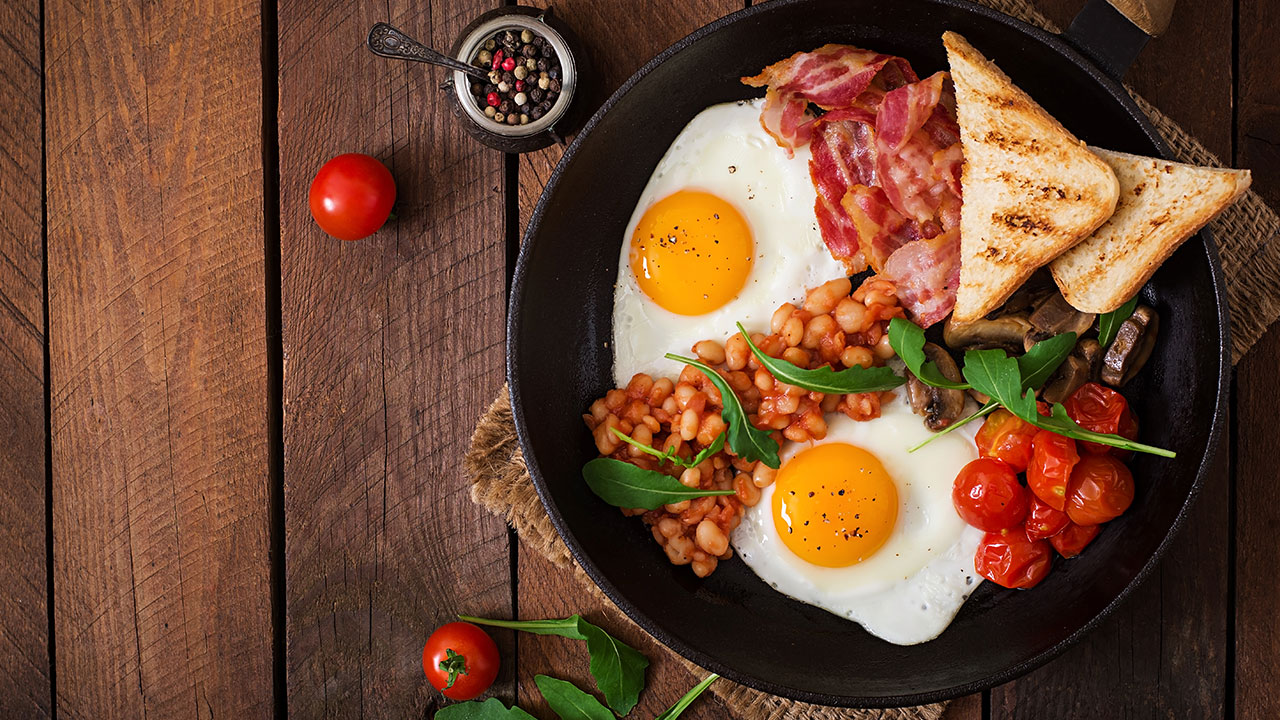Are Breakfasts Actually the Most Important Meal of the Day?

Hey Angels and Alphas,
Any typical and nutritious diet recognizes three main meals – breakfast, lunch, and dinner – but only breakfast tends to be backed by a massive PR push dating back to the late-19th century.
The idea that breakfast is one of the most important meals of the day can pretty much be traced back to marketing campaigns created to promote breakfast cereal. Newly invented cereals in the late 1800s were promoted as the most light, healthy alternative to the traditional farmer’s breakfast that consisted of eggs and meat, and they were positioned as the perfect way to start the day.
The slogan tends to stick with it, expanding to include more foods than just plain old cereal, and it has impacted the way entire generations of people have approached eating ever since. That being said, there might be something more to that idea.
As the name would imply, breakfast is the way you “break” your “fast” that happens when you’re fasting overnight. Our bodies are still using energy while we sleep for our repair and growth. After going anywhere between six and ten hours without food, our brain and muscles start needing energy, most commonly in the form of glucose, to start the day off.
That being said, everyone is different. Some people might wake up and rush to eat, feeling hungry first thing in the morning as they’re craving the energy they need to begin their day. Others, on the other hand, might skip the meal entirely. That being said, there’s little evidence to show that eating or skipping breakfast is more effective than the alternative, so long as you’re meeting all your health and nutrition goals for the rest of the day.
IS THERE A MEAL THAT SHOULD BE LABELED “MOST IMPORTANT?”
Claiming that breakfast is the most important meal of the day implies that lunch and dinner are less important. But eating a healthy, rich breakfast doesn’t give you carte blanche to go wild for the rest of the day, and it will not minimize your nutritional needs for the rest of the day.
You should never over-emphasize one meal over another. Instead, you should prioritize what and how you eat throughout the day. It’s important that you tune your body and pretty much connect with hunger and fullness while you’re choosing foods that are both filling and satisfying. For example, hunger might be striking at different times of the day, and that’s OK – you should respond as your body needs it, whether that means eating breakfast at 6 a.m. or at 10 a.m.
Being able to appropriately and consistently respond to your hunger cues is much more beneficial to your health and relationship with food than sticking to specific food rules about meal timing. Experts have noted that our energy needs will change based on our activity, hormones, and our sleep. Sometimes, we may start feeling that we need food later on in the day, and there’s no need to feel tied to specific sets of mealtimes.
Your mealtimes may also be disrupted by the many responsibilities and commitments you have, including work, family, school, you name it. This may dictate you to a more practical approach to eating. Some days, you may be able to enjoy a nice breakfast that will sustain you for the rest of your busy day. At other times, you might need to skip it altogether and grab a quick bite as you’re leaving out the door.
ALWAYS BALANCE YOUR EATING THROUGHOUT YOUR DAY
Regardless of how you feel about breakfast, it’s always best to balance your meals throughout the day.
When you eat balanced meals that properly fuel your body and help you feel at your best, you don’t need strict schedules. Irregular meals will tend to restrict energy and nutrients, causing strain on your body and this might even impact your immune system negatively.
You will feel more alert and energized if you’re eating enough throughout the day, and this will happen if you’re honoring your hunger cues. For some people, this might mean eating every couple of hours, and for some, it might mean they’re eating more or less often.
Ideally, every meal you have will be a balanced combination of lean protein, complex carbs, and fiber-rich grains, fruits, veggies, along with some healthy fats. When you can snag a diet like this and keep it sustainable, skipping breakfast a couple of times a week won’t result in any negative effects – as long as you’re getting in the nutrients your body needs.





